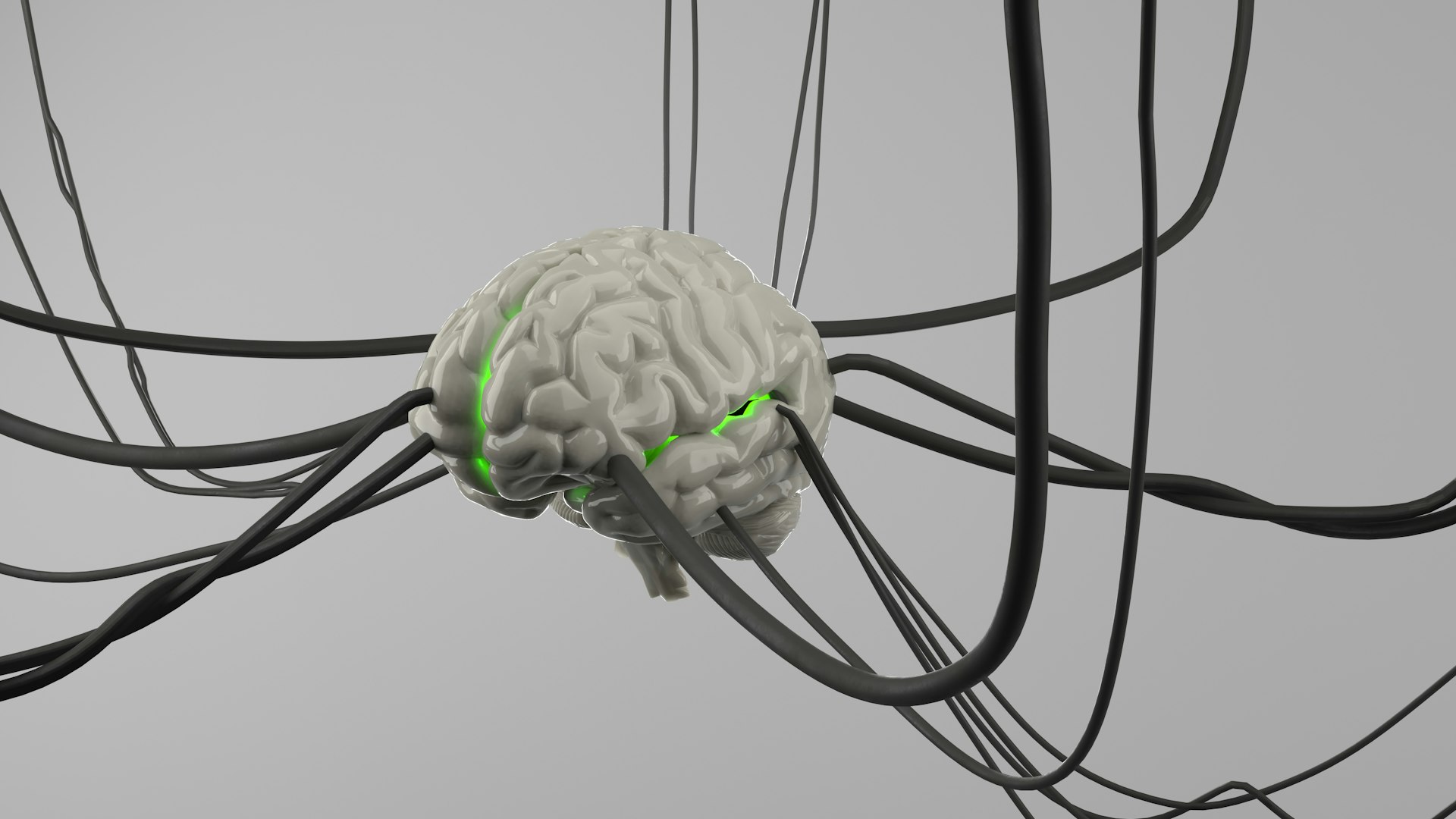How Artificial Intelligence Is Transforming NPC Behavior in Modern Gaming

Photo by julien Tromeur on Unsplash
Introduction: The New Era of NPCs Powered by AI
Non-player characters (NPCs) have long been essential to video games, driving stories, providing challenges, and populating virtual worlds. Traditionally, NPCs operated on simple scripts, repeating the same lines and following predictable paths. Artificial Intelligence (AI) is fundamentally changing this landscape, enabling NPCs to act, react, and interact with a new level of autonomy and realism. This article explores the key roles AI plays in NPC behavior, the benefits for players and developers, real-world examples, and how you can leverage these advancements in your own projects.
The Evolution of NPC Behavior: From Scripts to Intelligence
Early video game NPCs were governed by rigid code that offered little flexibility. Their behaviors were limited to fixed patterns and canned dialogues, which could break immersion and make gameplay repetitive. With the integration of AI, NPCs are now capable of:

Photo by Bjorn Pierre on Unsplash
- Autonomous decision-making: NPCs can make choices based on player actions, the environment, and even their own goals, rather than following static scripts [1] .
- Dynamic routines: AI-driven NPCs maintain daily schedules, interact with each other, and react to changes in the game world [2] .
- Emotional responses: NPCs show believable emotions, altering their behavior based on positive or negative experiences with the player [4] .
- Natural language conversations: Advances in natural language processing (NLP) enable players to engage in unscripted conversations with NPCs, leading to organic and unpredictable interactions [3] .
Key Benefits of AI-Driven NPC Behavior
The adoption of AI in NPC design delivers numerous advantages to both players and game developers:
- Immersion: Realistic NPCs make game worlds feel alive, allowing players to become more invested in the narrative and environment.
- Replayability: Since NPCs can change their actions and dialogue based on previous playthroughs, each gaming session feels unique [3] .
- Adaptive storytelling: AI-powered NPCs respond to player choices, offering dynamic quests and branching narratives.
- Personalized experiences: Games can be tailored to individual playstyles, as NPCs adapt to how a player interacts with the world.
- Reduced manual scripting workload: Developers spend less time hard-coding behaviors and more time refining overall experience.
Real-World Examples and Case Studies
Several blockbuster games have demonstrated just how transformative AI can be for NPC behavior:
- The Elder Scrolls V: Skyrim employs the “Radiant AI” system, which gives NPCs daily routines and the ability to react to the player’s actions. If a player helps an NPC, they may offer rewards or assistance later; negative actions can lead to hostility. This dynamic system boosts immersion and player agency [1] [2] .
- Red Dead Redemption 2 features NPCs with complex routines and memory. NPCs remember past interactions, holding grudges or expressing gratitude as appropriate, resulting in a more responsive and believable world [2] .
- The Last of Us Part II introduces advanced AI for both allies and enemies, who adapt their tactics in combat and react emotionally to player actions [1] .
- AI People is a recent project using large language models to create NPCs that think, converse, and remember past events, enabling unscripted scenarios and dynamic storytelling [5] .
How AI Powers Adaptive NPCs: Core Technologies
The main components that enable advanced NPC behavior include:
- Machine Learning (ML): NPCs learn from player behavior, adapting tactics and dialogue to improve realism.
- Natural Language Processing (NLP): Enables NPCs to understand and respond to complex language inputs, allowing for unscripted conversations [4] .
- Procedural Generation: AI algorithms generate unique NPC routines, quests, and responses, creating endless variety without manual scripting [3] .
- Emotional AI: NPCs display nuanced, believable reactions to events, player actions, and the game environment [4] .
Practical Steps to Implement AI-Driven NPCs
If you are a developer or organization interested in adding AI to NPCs, consider the following steps:
- Define NPC Roles and Behaviors: Outline the desired complexity and interactivity. Will NPCs act as shopkeepers, quest givers, or companions?
- Select Appropriate AI Tools: Explore platforms offering AI NPC frameworks. Some game engines, like Unity and Unreal, have AI plugins or support for third-party AI APIs. Research current offerings and evaluate their documentation and community support.
- Integrate Natural Language Processing: To enable dynamic conversations, consider leveraging open-source NLP libraries or partnering with AI service providers specializing in gaming solutions.
- Test and Refine: Use beta testers to interact with AI-driven NPCs. Gather feedback on realism, responsiveness, and fun. Adjust models and dialogue as needed.
- Stay Current: AI tools and best practices are rapidly evolving. Join forums, read industry blogs, and participate in conferences to remain ahead of the curve. You may find valuable discussions or case studies by searching for “AI-driven NPC case studies” or by visiting reputable gaming technology news sources.
Potential Challenges and Solutions
AI-powered NPCs offer tremendous promise, but also present challenges:
- Resource Intensive: Advanced AI can consume significant processing power. Optimize code and offload some computations to cloud services if possible.
- Unpredictable Outcomes: Highly autonomous NPCs may behave in unexpected ways. Set clear boundaries and use iterative testing to maintain game balance.
- Cost and Complexity: Developing sophisticated AI systems can be expensive. Consider starting with modular AI components and scaling up as resources allow.
- Ethical Considerations: Ensure AI NPCs do not inadvertently propagate biases or stereotypes. Regularly audit dialogue and interactions for fairness and inclusivity.
Alternative Approaches and Future Directions
Not all games require the most advanced AI. For some projects, simpler rule-based systems may suffice, especially for minor NPCs. As AI evolves, expect to see hybrid models, where core NPCs use advanced AI while background characters rely on lightweight scripting. The future holds the promise of even more immersive experiences as generative AI and real-time learning become standard in game development [3] .
How to Access and Experiment with AI NPC Technologies
If you’re interested in experiencing or adopting AI-driven NPCs:
-
Play recent games known for advanced AI, such as
Red Dead Redemption 2
or
The Elder Scrolls V: Skyrim
, to observe current best practices. - Research AI NPC frameworks compatible with your chosen game engine. Unity and Unreal Engine communities often discuss AI integrations in their official forums and documentation sections.
- Participate in open beta programs for new projects like “AI People”. For further information, search for “AI People game by GoodAI” using your preferred search engine to find official pages and community forums.
- Stay updated by following reputable gaming news outlets, industry blogs, and AI technology conferences for the latest advancements and opportunities.
References
- [1] GeniusCrate (2024). Creating Believable NPCs: The Role of AI in Character Interaction.
- [2] Ejaw (2025). AI in Game Design: How AI is Making Smarter NPCs.
- [3] Inworld AI (2024). AI NPCs and the Future of Video Games.
- [4] Novus ASI (2024). The Future of AI in Gaming: From NPCs to Game Design.
- [5] OpenAI Community (2024). AI People – A game bringing autonomous NPCs to Life.
MORE FROM findworkpro.com













